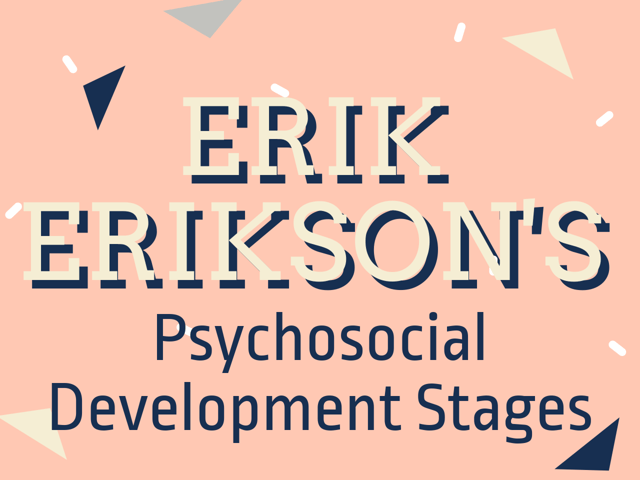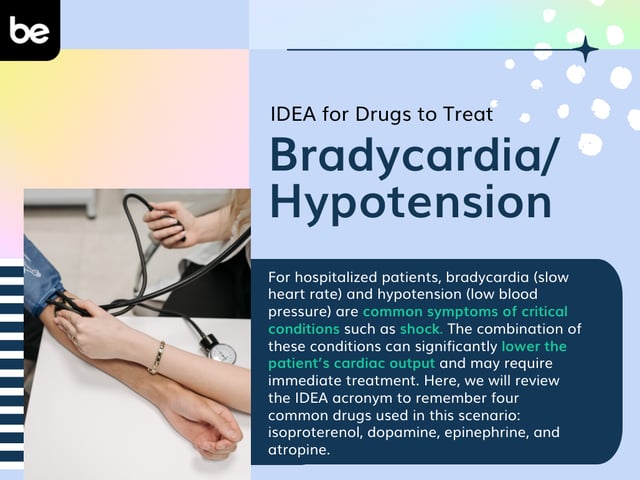
Erik Erikson’s Psychosocial Developmental Stages
Erikson believed that each stage of development presents a different crisis that needs to be overcome. If this challenge is resolved, the individual is able to move on to the following stages and lead a healthy, productive life. If it is not resolved, they may become “stuck” at a certain stage and not develop a healthy sense of self.
Trust vs. Mistrust (0-18 months)
In this stage the infant is assessing if they can trust the world they live in. Do they receive consistent, reliable care, or is the world an inconsistent, unpredictable place? If they are successfully able to resolve this stage, they can go into the next phase of life feeling secure and confident that others can be depended upon. If not, they may become withdrawn, anxious, or view the outside world as threatening.
Autonomy vs. Shame and Doubt (18 months- 3 years)
In this stage, children are becoming more independent and wanting to test their skills and abilities. They are able to successfully overcome this stage when they are able to exert their independence and are encouraged to do age-appropriate things for themselves. They may feel shame and doubt if they are constantly being told “no,” “hurry up” or “you can’t.” Parents play a critical role in this stage as they must find the balance between setting firm, safe boundaries and giving the child the time and freedom to learn to preform tasks on their own.
Initiative vs. Guilt (3- 6 years)
At this age children continue to develop their independence and social skills and play becomes increasingly important. If they are successful in this stage, the child will emerge with a greater sense of self and feel confident in their ability to interact with and lead others. If they are restricted in this stage, they may feel their creativity, questions, and leadership is a nuisance and become a person who is considered “passive” or a “follower.”6- adolescence Industry vs. Inferiority
Industry vs. Inferiority (6-12 years)
Children who move through this stage with success can perform more complex tasks and set goals and achieve them. If they can’t do tasks other children their age can do, they may feel inferior or like a failure.
Identity vs. Identity Confusion (12-18 years)
During the teen years individuals struggle with finding out “who they really are” and may experiment with their beliefs, interests, and outward appearance. As their bodies mature, sexuality and feelings of attraction for others become increasingly important. Those who successfully navigate this stage emerge sure of who they are and are ready to greet adulthood. Those who do not may struggle with who/what they want to be well into their later years.
Intimacy vs. Isolation (18- 40 years)
As the school years end, young adults work to find and maintain relationships that they will carry with them throughout their life. Erickson believed that only those who have achieved a sense of identity in the previous stage can have a successful, intimate relationship.
Generativity vs. Stagnation (40- 65 years)
At this stage many adults find meaning in work and family life. Those who are successful resolving this crisis feel they have been productive and made a meaningful impact on society or the next generation. Those who aren’t successful may feel they have been stagnant or a “non-contributor.”
Integrity vs. Despair (65+ years)
In the final chapters of life, adults look back and evaluate what they have accomplished. Those who successfully resolve this stage feel a sense of satisfaction and pride in the life they have lived, whereas those who don’t may feel despair and regret.

Keep Reading

National Council Licensure Examination-Registered Nurse Blog
What to Expect in Nursing School Clinicals
The clinical experience is a rite of passage for all nursing students, …

National Council Licensure Examination-Registered Nurse Blog
What is the NCLEX Next Generation (NGN) Exam?
If you’re interested in becoming a registered nurse, you likely know th…

National Council Licensure Examination-Registered Nurse Blog
IDEA for Drugs to Treat Bradycardia/Hypotension
For hospitalized patients, bradycardia (slow heart rate) and hypotensio…